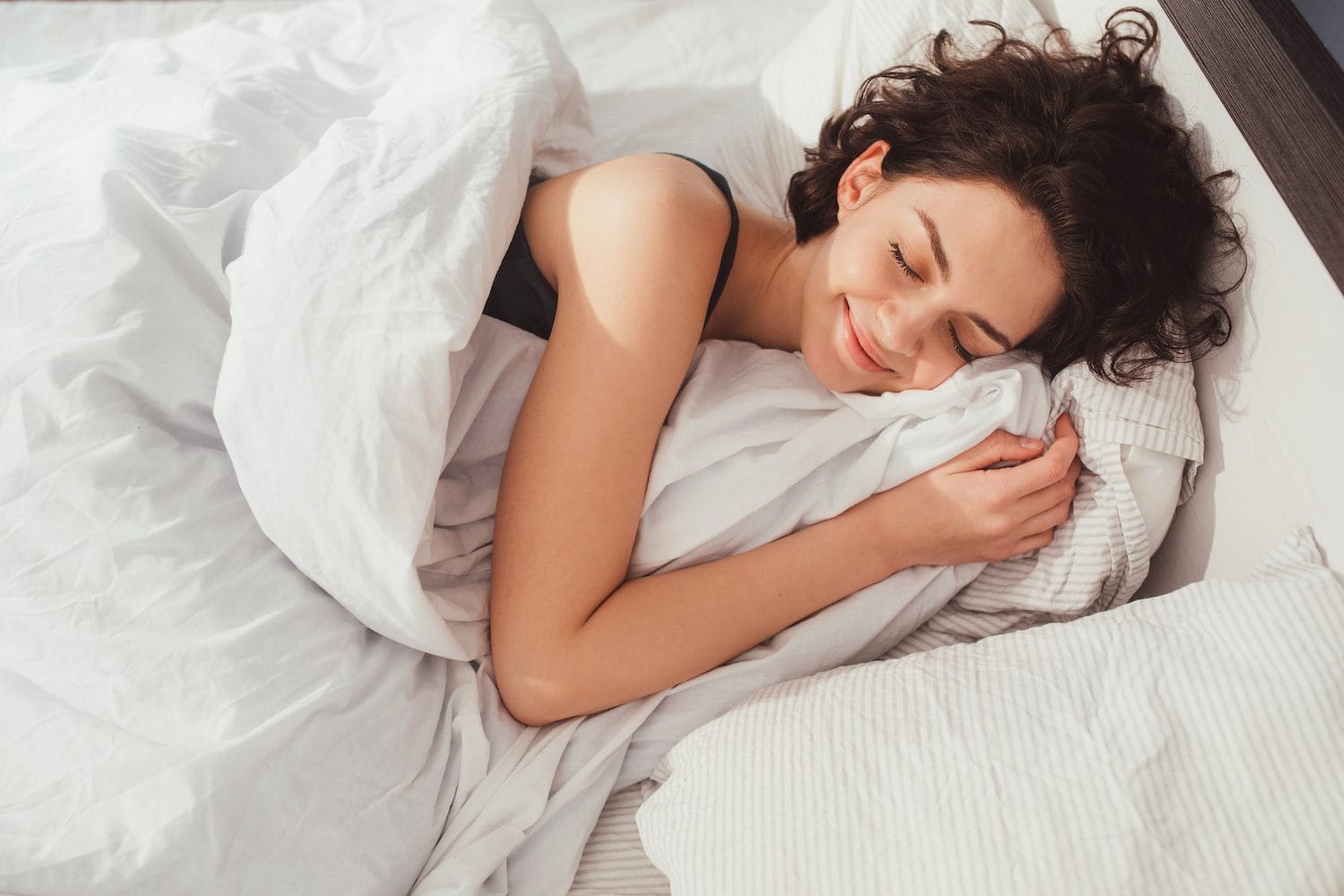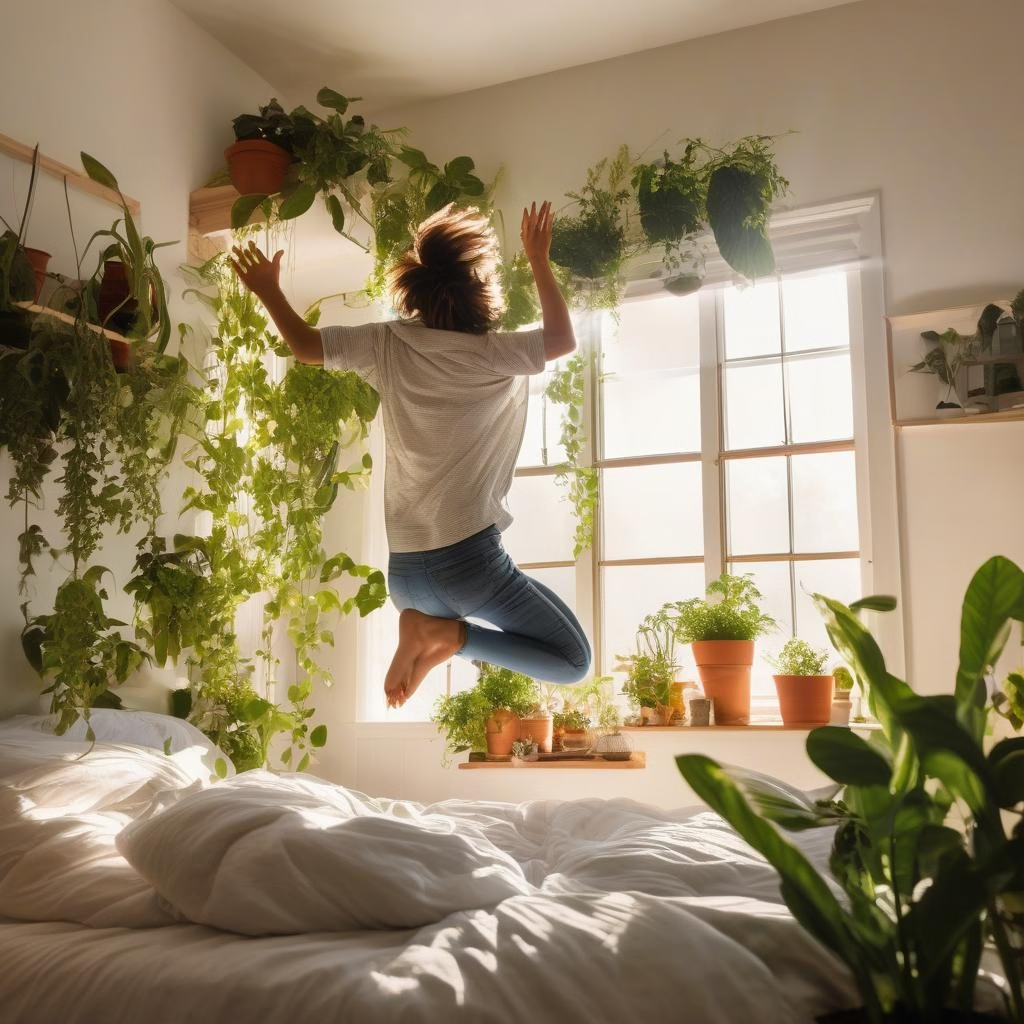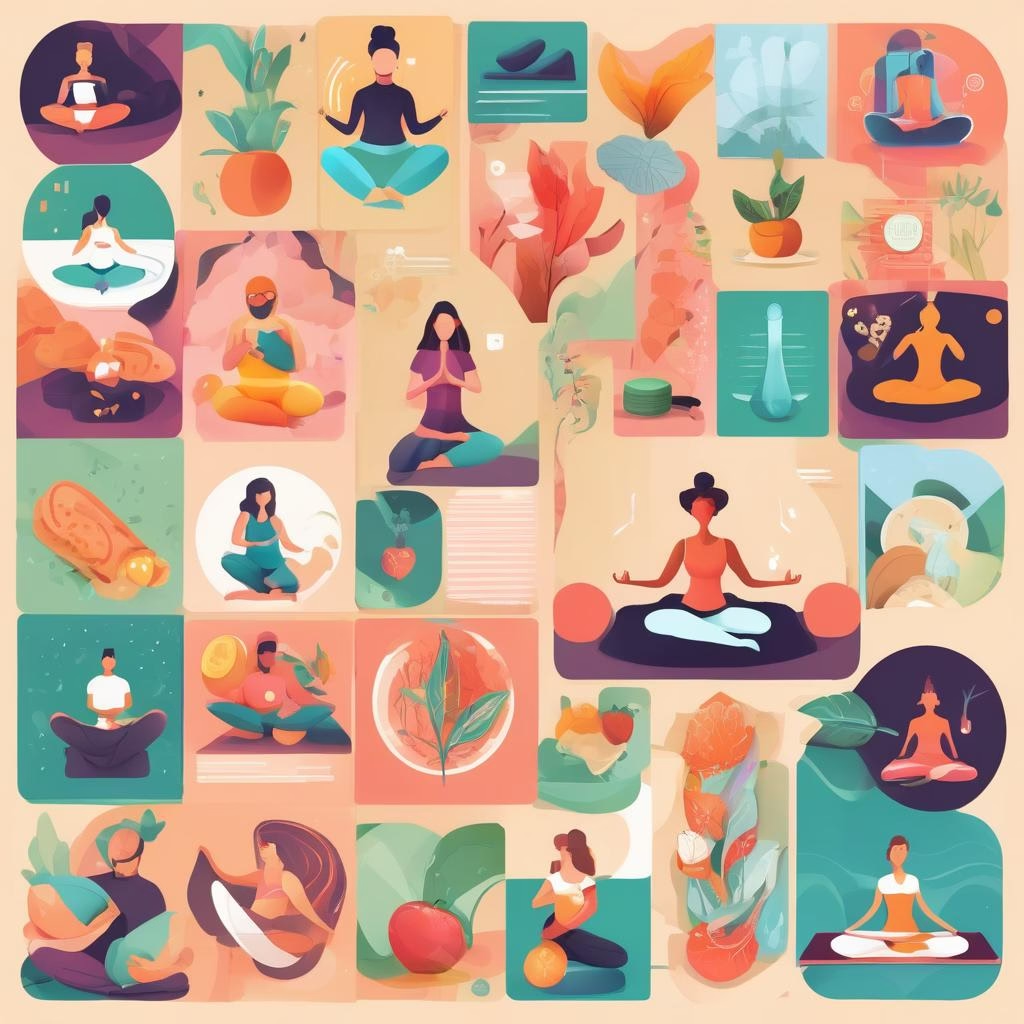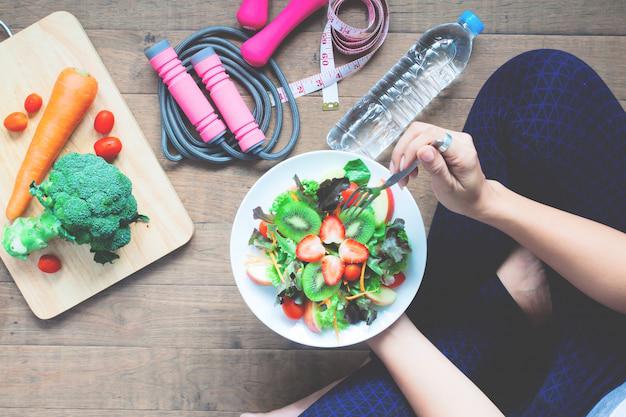Now Reading: 10 Sleep Restoration Habits To Transform Your Energy Levels
-
01
10 Sleep Restoration Habits To Transform Your Energy Levels

10 Sleep Restoration Habits To Transform Your Energy Levels
Getting enough restful sleep is essential for keeping your energy up all day. Sleep restoration each night can significantly improve your overall health. This piece will talk about ten good habits that can help you get better sleep and feel more energetic.
What Is Sleep Restoration?
Sleep restoration is getting enough sleep to heal and refresh the body and mind. It is essential for keeping your mind and body healthy. While we sleep the body fixes cells, boosts the defense system and stores memories. Restorative sleep is essential for brain health because it helps you focus, solve problems and control your emotions.
Deep continuous sleep cycles are essential for good sleep restoration because they help you feel rested and energized when you wake up. Setting up good sleep habits is vital to getting better sleep restoration. These habits help you rest better which gives you more energy and makes you more productive overall.
The Top 10 Sleep Restoration Techniques
Establish A Consistent Sleep Schedule
Sticking to a regular sleep routine is one of the best ways to get better sleep. When you wake up and go to bed simultaneously every day your body gets used to a beat. Because of this routine your brain knows when to sleep and wake up. It gets easier to fall asleep and feel better when you wake up over time. It helps your sleep cycle stay in sync so you sleep better and have more energy during the day.
An internal clock in your body called the circadian rhythm strengthens when you stick to a routine. This internal clock controls many things like how alert or tired you feel. Being consistent with it helps it work better. Over time you’ll find that your sleep improves which helps your body heal better. This regular schedule lets you sleep better and gives you more energy during the day.

Create A Relaxing Pre Sleep Routine
A relaxing routine before bed is essential for getting better sleep. Relaxing before bed tells your body it is time to get ready for sleep. Many people find that relaxing, reading a book or bathing helps them calm down. These things make you feel less stressed and prepare your mind for sleep. Sticking to a routine that calms you down makes you look forward to sleep. This makes it easier for your body to go from awake to asleep.
Stimulating tasks shouldn’t be part of a good habit. It is harder to fall asleep if you work out, do stressful things or work on things right before bed. Learning to relax is the best way to help your body slow down. This time to calm down should be a daily part of your sleep restoration process. Over time your body will get ready for sleep on its own which will help you fall asleep more easily. For good rest your body and mind need to be calm.
Optimize Your Sleep Environment
Improving your sleep surroundings is a big part of getting better sleep. An excellent and quiet bedroom can help your body relax and get ready for sleep. First make sure the room is cool, dark and calm. Many people find that sleeping in more relaxed rooms helps them sleep better. A sleep mask or blackout shades can keep out any light you don’t want which is essential for staying asleep.
For better sleep restoration noise distractions should be kept to a minimum. You can block out annoying sounds with earplugs white noise makers or fans. Your mind can fully rest when you’re in a quiet place. Helpful pillows and beds should also be there for you. A comfy bed surface is essential to avoid body aches and get a better night sleep. Getting the proper sleep items can help if you want to sleep better.
Limit Screen Time Before Bed
Limiting screen time before bed is essential for a good night’s sleep. Phones, tablets and computers give off blue light that messes up your body’s regular sleep routine. This kind of light changes the production of melatonin, a hormone that controls sleep. Less screen time before bed helps your body make more melatonin which enables you to fall asleep faster. Stay away from computers for at least an hour before bed for the best effects.
Doing things that calm you like reading or listening to soothing music can help your brain prepare for sleep. These things tell the body to relax which allows it to prepare for sleep. When you look at a bright screen your brain stays alert which makes it harder to relax. Staying away from screens will help your body sleep on its schedule. This enables you to sleep better and wake up with more energy.
Be Mindful Of What You Eat And Drink
What you eat and drink before bed can significantly affect how well you sleep. Caffeine booze and big meals can make it hard to fall asleep or stay asleep. Caffeine is a stimulant that can make you stay awake for a long time. Late afternoon and evening are not good times to drink coffee or tea. Even though alcohol makes you sleepy it keeps you from falling asleep deeply so when you wake up you’re tired.
Sleeping after eating a big meal close to bedtime can also be challenging. Chilling out and falling asleep can be tricky when your body is busy breaking down food. It is best to eat your last meal a few hours before going to bed. If you’re hungry eat something light to help you sleep like a banana or a handful of nuts. These snacks have nutrients that help you get back to sleep without making digestion difficult.
Incorporate Regular Exercise
Adding regular exercise to your schedule is a great way to help your body recover from sleep loss. Being active makes you tired which makes it easier to fall asleep. Most of the time people who work out regularly sleep better and longer. Working out also lowers stress which can help you sleep better. Simple things like walking or stretching can have a good effect on the quality of your sleep.
For the best results workout at the right time. Working out too close to bedtime can make you feel more awake instead of sleepier. Try to do hard workouts first thing in the morning. Exercise in the morning or afternoon is best for helping you get back to sleep. This plan lets your body naturally relax as bedtime gets closer which enables you to sleep better.
Read Also: Top 7 Mouth Exercises To Stop Snoring For A Better Nights Sleep
Manage Stress And Anxiety
Managing worry and nervousness is essential for getting a good night’s sleep. When you’re stressed it’s hard to relax before bed. Stress or thoughts going through your head can make it hard to fall asleep. Managing your stress can help you relax, making it easier to fall asleep. Some good ways to deal with stress are gradual muscle relaxation, deep breathing routines and meditation.
Keeping a journal can also help you feel less stressed before bed. When you write down your thoughts you can let go of any feelings building up. This enables you to calm down by clearing your thoughts. Over time getting rid of stress becomes a natural part of getting better sleep. Dealing with your stress better will help you sleep better. Making a relaxing routine before bed can help with this too.
Avoid Napping Too Late In The Day
If you nap too late in the day you may not sleep well at night making it harder to get back to sleep in the morning. Taking naps in the afternoon or evening can help you recharge but they can also keep you awake at night. This throws off your sleep cycle making it hard to fall asleep when needed. Try only to take naps early in the day if you need to.
Taking short naps of 20 to 30 minutes can help you feel better without keeping you up at night. These short naps give you a quick energy boost without disrupting your sleep routine. They make you feel tired enough to sleep at night leading to better sleep restoration. If you nap for too long or too late you might wake up feeling sleepy and find it hard to sleep at night.
Exposure To Natural Light
Natural light is good for keeping your sleep wake cycle in check and helping your body recover from sleep. Sunlight helps your body know when it is awake and time to sleep. Being outside in the morning or during the day can help your body clock get back in sync. This natural contact makes you feel better and gives you more energy during the day which enables you to sleep better at night.
Your body internal clock can get thrown off when you’re inside and there isn’t much natural light. If you can’t go outside try to let more natural light into your home or office. This will help your body stay in tune with its own pace. When your body follows the normal cycle of light and dark you sleep better and wake up feeling better. You’ll sleep better at night if you stay in the sun during the day.
Limit Distractions In Bed
Maintaining distractions in bed is essential for a good night’s sleep. Your bed should only be used for sleeping and being close to someone. Doing things in bed like studying, watching TV or using electronics can make it harder to fall asleep. These things keep your mind busy which makes it hard to relax before bed. Getting rid of distractions will help your brain connect the bed with rest.
Making the bedroom calm and peaceful is essential for helping you get back to sleep. Avoid anything that might keep you from sleeping like tools that make noise or bright lights. Keeping the room clear of mess is another way to make it feel calm. Being in a quiet peaceful bedroom makes it simple to fall asleep and stay asleep all night.
Conclusion
Developing these sleep restoration habits can significantly affect your health and energy. You can rest better by sticking to a regular sleep plan, making your bedroom the best place to sleep and taking care of your pre-sleep routine. Limiting your time before a screen watching what you eat and exercising frequently can help you sleep better.



















